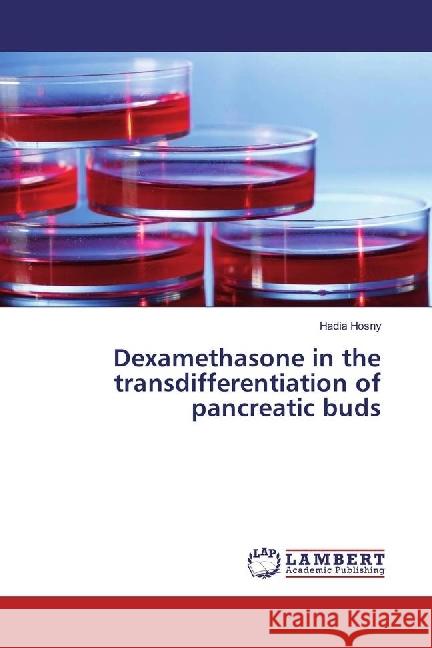Dexamethasone in the transdifferentiation of pancreatic buds » książka
Dexamethasone in the transdifferentiation of pancreatic buds
ISBN-13: 9783659763168 / Angielski / Miękka / 2016 / 76 str.
Transdifferentiation is defined as the direct conversion of one differentiated cell type into another. Usually transdifferentiation occurs in cells originating from adjacent cells in the developing embryo. Transdifferentiation can also be induced experimentally by overexpressing the expression of 'master switch genes' or a single transcription factor. It is important to study the transdifferentiation state as it will be very useful in designing potential methods for cell therapy.One example of transdifferentiation is provided by two endodermally-derived tissues, liver and pancreas .The liver and pancreas arise from the same region in the endoderm and their transdifferentiation phenomenon has been observed in some studies such as Rao and Reddy experiments. Recently, researchers have demonstrated the transdifferentiation of pancreas cells to liver cells using a synthetic glucocorticoid, Dexamethasone (Dex). We wished to investigate the transdifferentiation of embryonic pancreatic cells to hepatocyte-like cells using the synthetic glucocorticoid Dex. We isolated dorsal pancreatic buds from E11.5d embryos and cultured them in the absence and presence of Dex.











